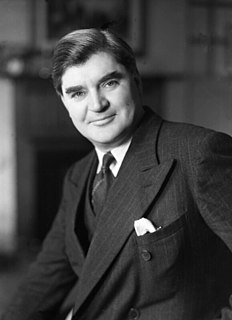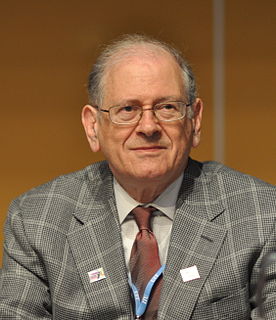A Quote by Ian Bremmer
I think political science is bad at prediction. We don't gaze into a crystal ball. I do not believe that we predict things.
Quote Topics
Related Quotes
We don't gaze into a crystal ball. I do not believe that we predict things. I think political science is bad at prediction. I think what we really do well is in a number of instances where politics matters, we can do a better job of tell you what is happening now, than other people. So, we can look at Syria today. We can look at the Eurozone today. And we can look at areas where politics is a driver and we can give you a pretty good sense in those areas of here is how to understand today.
I believe in rendering to science the things that belong to science. I have no problem with evolution or discussions of the age of the Earth, for I don't believe that we come anywhere near comprehending the mind of God or the workings of the universe. Science can explain a lot, but it cannot give us faith, and I think we need both.
GIS, in its digital manifestation of geography, goes beyond just the science. It provides us a framework and a process for applying geography. It brings together observational science and measurement and integrates it with modeling and prediction, analysis, and interpretation so that we can understand things.

































